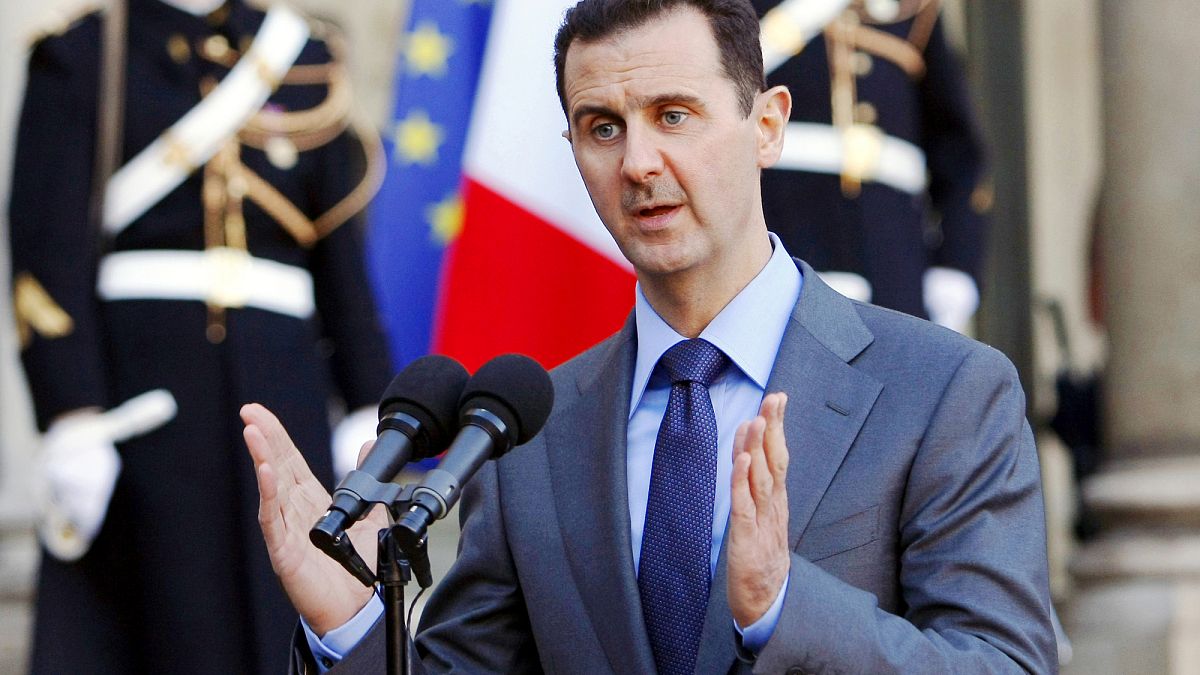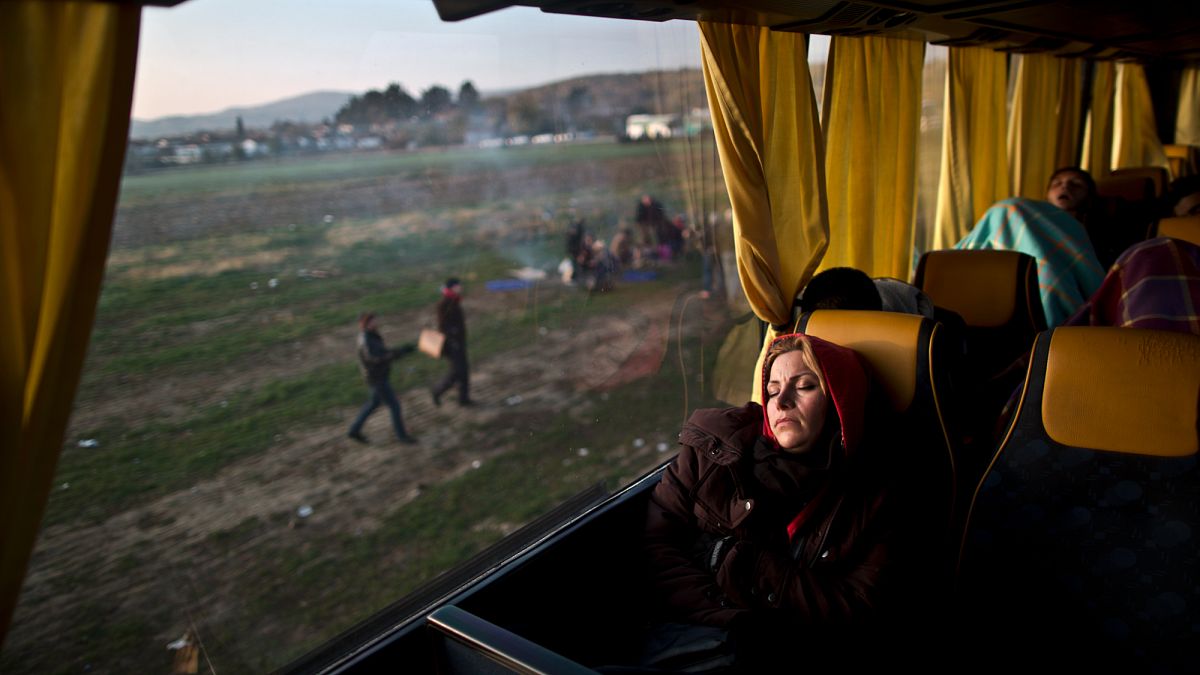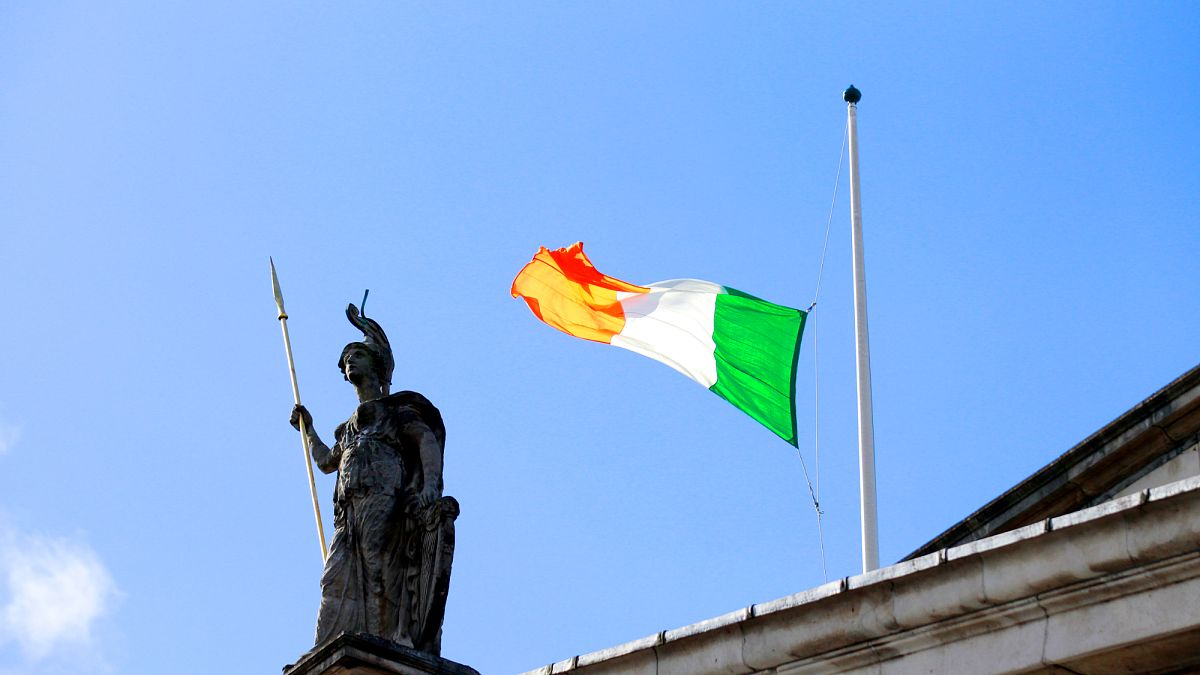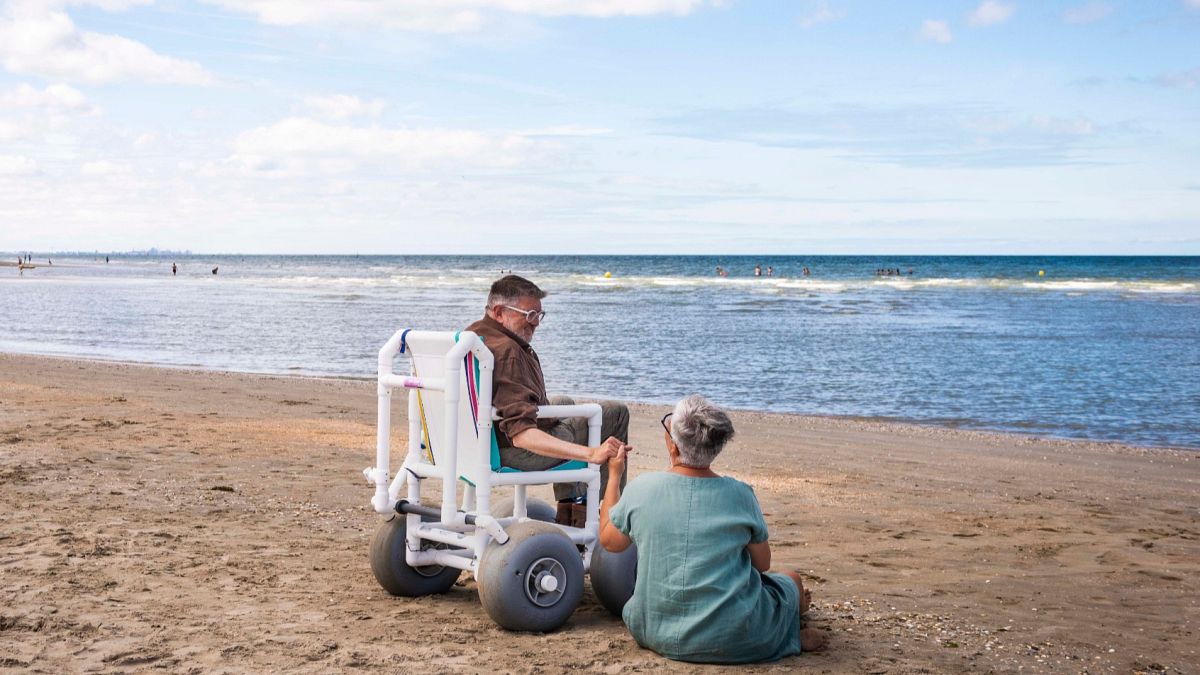ADVERTISEMENT
France’s highest court will rule on Friday whether former Syrian President Bashar al- Assad can be stripped of head-of-state immunity, a decision that could clear the way for his trial in absentia over alleged chemical weapons attacks.
If the ruling is made, it would set a legal precedent for prosecuting sitting or former leaders accused of atrocities.
Al-Assad is facing a trial before France’s Cour de Cassation in absentia over the use of chemical weapons in Ghouta in 2013 and Douma in 2018.
The exiled former dictator of Syria, now living in Russia, has retained now lawyers for these charges and has denied he was behind the chemical attacks.
A ruling against al-Assad would be a “huge victory for the victims,” according to Mazen Darwish, president of the Syrian Centre for Media which collected evidence of war crimes.
“It’s not only about Syrians, this will open the door for the victims from any country and this will be the first time that a domestic investigative judge has the right to issue an arrest warrant for a president during his rule.”
Darwish said a favourable ruling could also allow his group to pursue other al-Assad regime figures, such as launching a money laundering case against former Syrian Central Bank governor and Minister of Economy Adib Mayalah. Mayalah’s lawyers have argued he had immunity under international law.
Al-Assad was previously relatively safe under international law. Heads of state could not be prosecuted for actions taken during their rule, a rule designed long ago to ease dialogue when leader needed to travel the world to meet, according to French lawyer Jeanne Sulzer.
Sulzer said that kind of immunity is “almost a taboo” regardless of the weight of the charges. “You have to wait until the person is not sitting in office to be able to prosecute.” She had co-led the case against al-Assad for the 2013 chemical attack.
For more than 50 years, Syria was ruled by Hafez al-Assad and then his son Bashar. During the Arab Spring, rebellion broke out against their tyrannical rule in 2011 across the country of 23 million.
A brutal 13-year civil war broke out which killed more than half a million people, according to the Syrian Observatory of Human Rights. Millions more fled to Lebanon, Jordan, Turkey and Europe.













